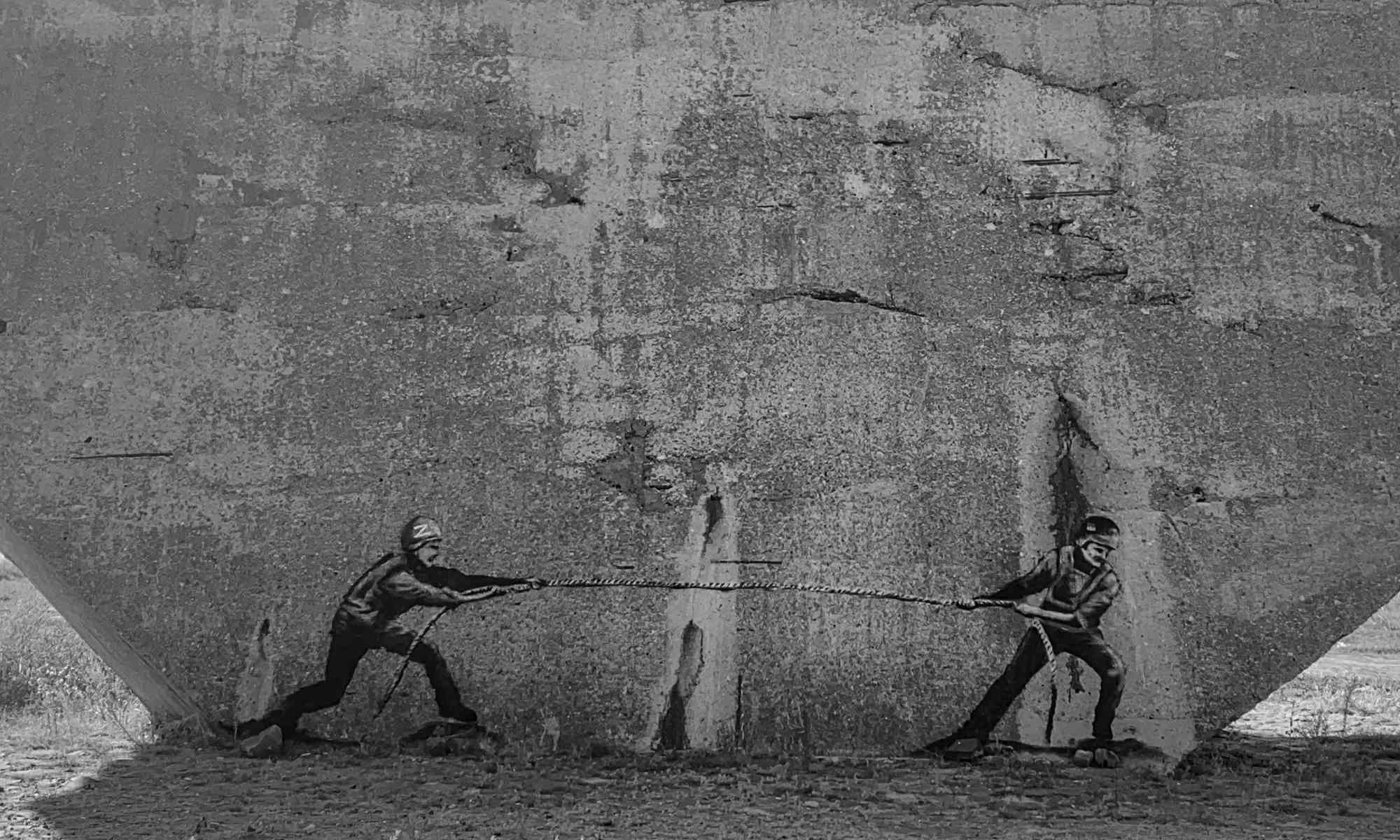If this November again one presidential candidate wins the popular vote—but the other the Electoral College and thus the US presidency—the political damage would be “substantial,” a group of political scientists from the Universities of Rochester, Chicago, Stanford, and Dartmouth College argue in a new working paper.
The research team, among them Gretchen Helmke, a professor of political science at the University of Rochester and Mitchell Sanders ’97 (PhD) of Meliora Research, has banded together as Bright Line Watch, a nonpartisan watchdog group that regularly surveys experts and the public on the health of US democracy. The team discovered that, in particular, Democrats would find the process “less legitimate.”
In an analysis for the Washington Post’s Monkey Cage site, the authors point to their prior research, according to which Americans overwhelmingly embrace the principle that all votes should count equally. They write that for a candidate to win the most votes but go on to lose the election—violates this principle.
Yet, in the last five presidential elections precisely this happened twice (Gore/Bush and Clinton/Trump). Analyses this summer by some political observers (for example, the Economist and FiveThirtyEight) indicate that President Donald Trump may lose the popular vote to Democratic candidate Joe Biden but win the Electoral College.
Read more of Bright Line Watch’s analysis in the Washington Post.



